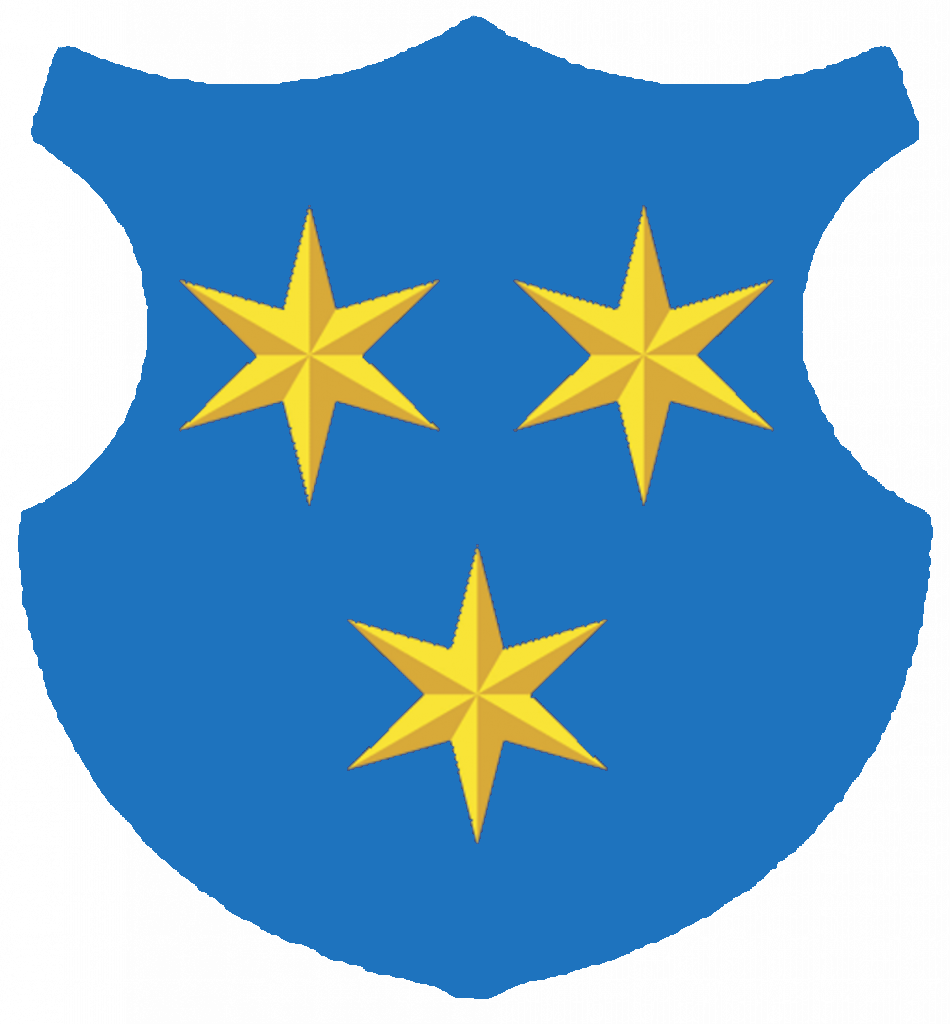Pages Out of the Blacklist
On the Supervision of Politically Suspect Persons and Denunciation after the 1848 Revolution
After the 1848 Revolution, the Austrian goverment carefully supervised all citizens who had compromised themselves in one way or another during the revolution and was very suspicious of any statements which questioned the authorities or libelled the emperor or the state. This supervision was carried out mainly by the police and constabulary, creating a situation in which denunciation prospered. All this spying, pursuing and reporting produced a lot of records which facilitate research into contemporary events and mentality.
»Sweet Jesus, Johan, You’re Not Really a Man of Power Now, Are Ye?«
On the Life and Work of the Major of Kamnik and the Provincial MP Janez Kecel (1839-1888)
The second half of the 19th century saw the arrival of an extremely interesting person by name of Janez Kecel on the political scene of the town of Kamnik. Being one of the town’s richest citizens, Kecel was mayor of Kamnik and a member of the Communal Committee in the 1870’s, and from 1877 onwards, a German MP of the Municipal Chamber of Tržič-Radovljica-Kamnik in the Carniolan Provincial Assembly. Noted for his speculative and ambitious spirit, Kecel was also very active in the economic and social life of the contemporary high-society of Kamnik.
»I Never Meant to Squeeze the Trigger«
The Trial Against Ivan Bovha and Other Legal Proceedings Pertaining to Riots During a Visit to Celje by Czech High School Students in 1899
During a visit by Czech high school students to Celje in the summer of 1899, two shootings occured in the town in addition to the numerous riots. In both cases, a Slovene pull the trigger and the victims were Germans. The case of Ivan Bovha, who shot journeyman Julius Grabitsch, elicited the greatest response amongst the public and deepened the conflict between the Germans and the Slovenes in Celje even further. After being held in detention for a considerable period of time, the accused, Ivan Bovha, was released upon trial when the court ruled it had been a case of justified selfdefence. This was greeted as a moral victory by the Slovene camp. The case stirred up a torrent of discussion on the partiality or impartiality of the Celje police and the influence of national politics on the judicial sistem.
Though Oak and Mountain May be Shaken, the Loyalty of the Slovenes Shall Remain Steadfast!
Emperor Francis Joseph I in Slovene Literature
In his article, the author deals with the cult of emperor Francis Joseph in Slovene literature, with particular emphasis on memoirs. The textual analysis reveals that the emperor’s cult lacked content. In the 19th century, the emperor’s cult was fostered more in publications and historical texts than in literature.
Brotherhood and Unity – the Poetic Phrase and the Reality
As already the Hapsburg emperors before him, the famous Yugoslav leader marshal Tito was also worried by the same crucial problem which could be summed up by the fairly simple question of how to secure the »normality« of political life in multinational and multicultural country? If Josip Broz had to choose the political slogan which dominated his days in office, he would no doubt point his finger at the phrase Brotherhood and Unity, although his policies launched other catch -phrases as well, depending on the needs of the particular period of his reign. The slogan Brotherhood and Unity could be placed in the context of other major political maxims which fatally marked the lives of milions of people. The main source of unity in Marxist Yugoslavia was undoubtedly the cult of Marshal Tito. After his death, the motto Brotherhood and Unity rapidly became meaningless. What followed was the destruction of Yugoslavia and the most bloody and merciless armed conflict on European soil in the second half of the 20th century.
The Collapse of a History Which Never Existed
Yugoslav historiography after World War II was more of an association of eight national historigraphies which had never functioned as a whole. Despite this, it nevertheless succeeded in realising a number of joint projects. The most important of these was the History of the Yugoslav Nations, of which only two parts were published, as Yugoslav historians could not agree on the concept and realisations of the third part which was to cover the 19th and 20th centuries. Already in the 1960s, a heated debate ensued amongst historians and other humanists of the different Yugoslav nationalities regarding several divisive issues, particulary the relations among the Yugoslav nations. Under the influence of politicians, the debate calmed down in the 1970s, but was renewed and became even more acrimonious in the 1980s. The bulk of historiography at that time was under the strong influence of national politics and their interests.

